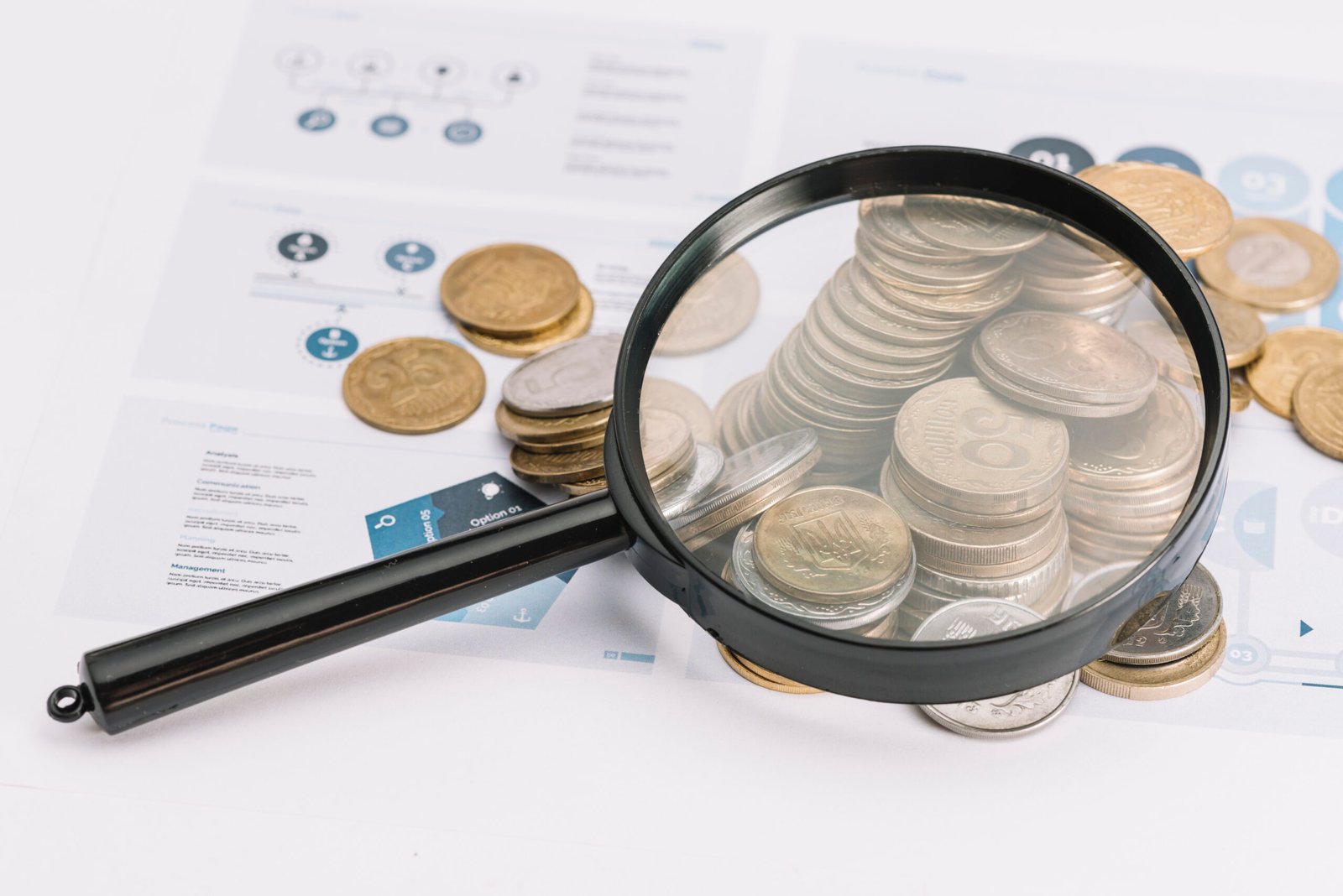Economic policy plays a crucial role in shaping the financial landscape of a country. From fiscal policies to monetary policies, these decisions can have far-reaching effects on your personal finances, influencing everything from inflation rates to investment opportunities. Understanding how economic policy impacts your finances is essential for making informed financial decisions. In this article, we will delve into the key aspects of economic policy, its implications for personal finance, and strategies to navigate these impacts effectively.
What is Economic Policy?
Economic policy encompasses the decisions and actions taken by governments and central banks to manage the economy. It includes a range of measures aimed at influencing economic growth, employment, inflation, and the overall stability of the economy. Economic policies are typically divided into two main categories:
- Fiscal Policy: This involves government spending and taxation decisions. By adjusting spending levels and tax rates, governments can influence economic activity, aggregate demand, and overall economic growth.
- Monetary Policy: Conducted by central banks, monetary policy involves managing the money supply and interest rates to achieve macroeconomic objectives such as controlling inflation, managing employment levels, and stabilizing the currency.
Understanding these policies and their effects is crucial for navigating the financial landscape effectively.

How Fiscal Policy Affects Your Finances
Fiscal policy decisions can have a direct impact on your personal finances. Here’s how:
- Taxation: Changes in tax rates can affect your disposable income. Lower taxes mean more money in your pocket, while higher taxes reduce your take-home pay. It’s essential to stay informed about tax policy changes and plan your budget accordingly.
- Government Spending: Government expenditure on public services, infrastructure, and welfare programs can influence economic growth and employment. For example, increased government spending can stimulate economic activity and potentially lead to job creation, which may impact your employment prospects.
- Budget Deficits and Surpluses: Governments may run budget deficits (spending more than they earn) or surpluses (spending less than they earn). Persistent deficits can lead to higher public debt, potentially impacting inflation rates and interest rates.
The Role of Monetary Policy in Shaping Financial Markets
Monetary policy, managed by central banks, significantly impacts financial markets and personal investments. Here’s how:
- Interest Rates: Central banks adjust interest rates to influence borrowing and lending. Lower interest rates make borrowing cheaper, encouraging consumer spending and investment. Conversely, higher interest rates can dampen borrowing and spending, affecting economic growth.
- Inflation Control: Central banks use monetary policy to control inflation. Moderate inflation is generally positive for economic growth, but high inflation can erode purchasing power. Understanding how central bank policies affect inflation helps you make better investment decisions.
- Exchange Rates: Central banks may influence exchange rates through monetary policy, affecting international trade and investments. A stronger currency can make imports cheaper but can also impact export competitiveness.
Navigating Economic Policy Impacts on Your Investments
Economic policy decisions can influence various investment opportunities and strategies. Here’s how to navigate these impacts effectively:
- Interest Rate Sensitivity: Be aware of how changes in interest rates can affect different asset classes. For example, rising interest rates may lead to lower bond prices, while certain stocks might benefit from a higher interest rate environment.
- Inflation-Protected Investments: In periods of high inflation, consider investments that are less sensitive to inflation or offer inflation protection, such as real estate, commodities, or inflation-linked bonds.
- Diversification: Diversify your investment portfolio to manage risk effectively. Economic policies can create opportunities in different sectors and regions, so having a diversified portfolio can help mitigate the impact of policy changes.
- Long-Term Perspective: Economic policy changes can cause short-term market fluctuations. Maintain a long-term investment perspective to navigate these fluctuations and focus on your long-term financial goals.
The Impact of Economic Policy on Consumer Behavior
Economic policies also influence consumer behavior, which can, in turn, affect personal finances:
- Consumer Confidence: Fiscal and monetary policies can impact consumer confidence, influencing spending and saving behaviors. High confidence levels often lead to increased spending, while low confidence can result in reduced consumption.
- Borrowing and Spending: Changes in interest rates and taxation can influence borrowing and spending patterns. Lower interest rates may encourage borrowing for big-ticket items, while higher rates might lead to more conservative spending.
- Housing Market: Economic policies affecting interest rates and housing affordability can impact the housing market. Understanding these dynamics can help you make informed decisions if you’re considering buying or selling property.

Conclusion
Economic policy decisions have a profound impact on personal finances, influencing everything from taxation to investment opportunities. By understanding the key aspects of fiscal and monetary policies, you can make more informed financial decisions and navigate the complexities of the financial landscape more effectively. Stay informed about policy changes and their implications for your finances, and consider working with a financial advisor to develop strategies that align with your financial goals in a dynamic economic environment.






